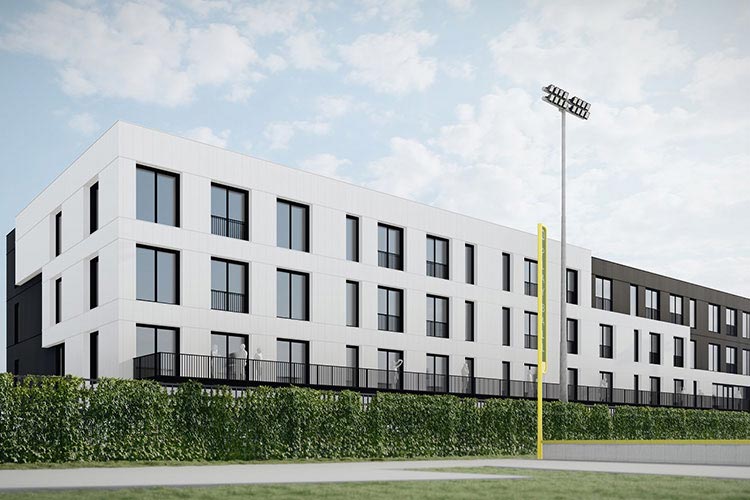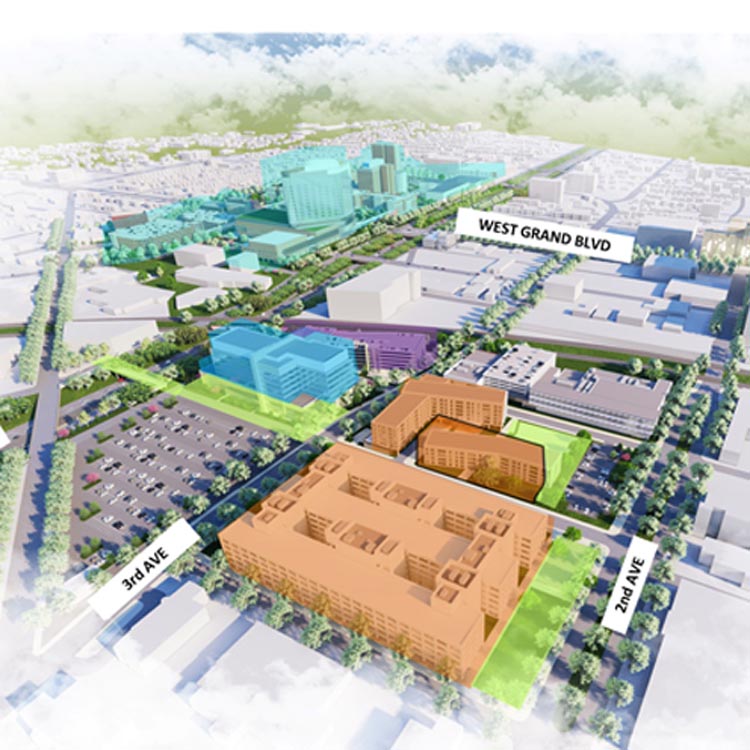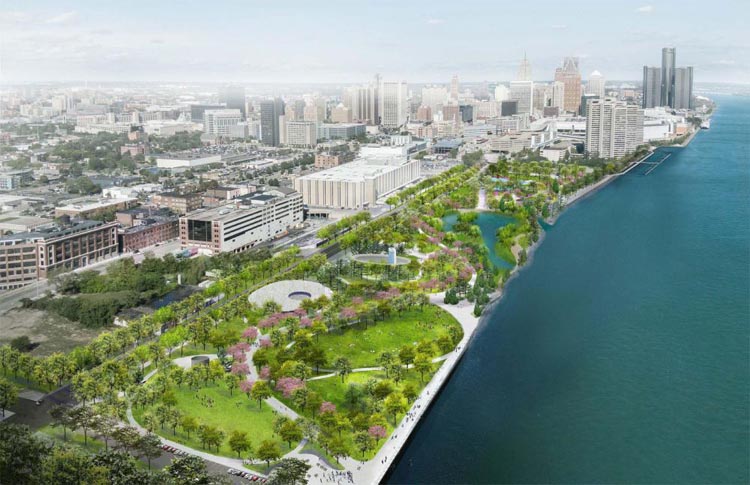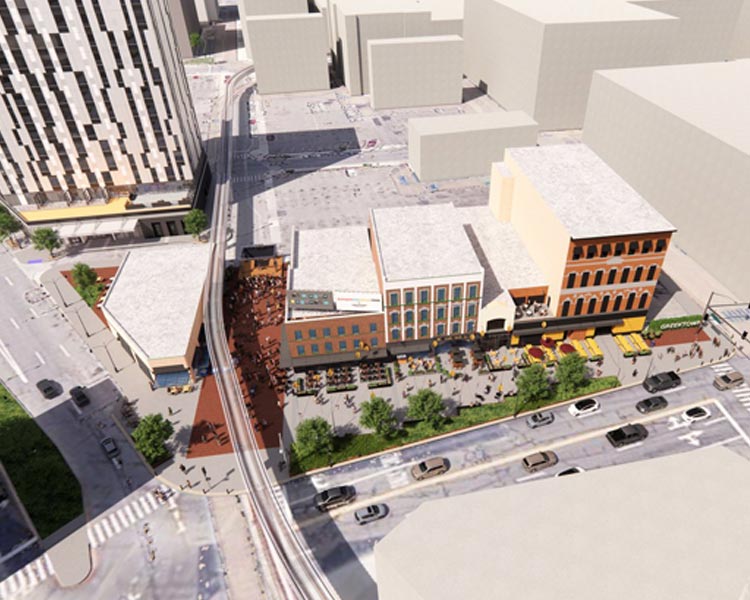Make an impact
where it matters the most
In prioritizing the well-being of Detroit residents, Humanitarian Investments initiates specific investments aimed at enhancing the lives of ordinary citizens. Our targeted initiatives focus on improving living conditions and rejuvenating distressed neighborhoods throughout Motor City, with a particular emphasis on housing, hospitals, nursing homes, and other endeavors designed to positively influence the lives of Detroiters.
Consciously steering clear of unethical and dubious investment endeavors, Humanitarian Investments is committed to directing its efforts solely toward investments that offer both competitive returns and humanitarian advantages within the Detroit community. We firmly believe that profitability and social responsibility can coexist harmoniously.
What does this mean for you?
Consider the following:

Affordable Prices
Detroit real estate market maintains its reputation for offering some of the lowest prices in the country, making it an attractive destination for investors seeking opportunities to buy low and sell high. With a median home value of $54,500, Detroit offers considerable potential for long-term real estate appreciation.
Future Projects and Initiatives
Corktown New Development Initiative
The new development in Detroit’s Corktown neighborhood is a combination of three community revitalization projects. These projects, backed by Governor Gretchen Whitmer and the Michigan Economic Development Corporation (MEDC), aim to foster economic growth, provide housing, and enhance the vibrancy of the area. With a total capital investment of $67.2 million, these projects are a response to the housing needs created by Ford Motor Company's Michigan Central Innovation District and contribute to the ongoing growth in Detroit.
Community and Economic Benefits:
These projects aim to create mixed-income housing options and commercial spaces, enhancing walkability and the overall vibrancy of the Corktown neighborhood. They are expected to provide various community benefits, including improved streetscapes and job creation.
The Future of Health Project
The Future of Health Project is an ambitious $3 billion development project in Detroit's New Center neighborhood. This initiative is a collaboration between Henry Ford Health, Michigan State University, Tom Gores, the Detroit Pistons, and the City of Detroit.The project is part of a comprehensive Community Benefits Ordinance (CBO) process, aiming to transform the New Center neighborhood into a vibrant, walkable community with advanced healthcare facilities, residential areas, commercial spaces, retail, and recreational components.
The development is expected to significantly contribute to the local economy and community:
- Job Creation: The project is estimated to support over 25,000 jobs, including existing roles, new construction jobs, and post-construction positions.
- Economic Output: Analysis suggests a potential total economic output of $8.2 billion from the development, with an additional $340 million in total fiscal impact over 35 years.
Michigan Central
Ford Motor Company's development of a new mobility innovation district in Corktown.
Michigan Central Station’s Transformation:
Central to this district is the restored Michigan Central Station, envisioned as the hub where mobility innovators will develop, test, and launch urban transportation solutions.
The Scope of Michigan Central:
Spanning 30 acres, the hub is designed as a walkable innovation center. It will encompass new and revitalized buildings, a unique mobility testing platform, outdoor plazas, open spaces, and 1.2 million square feet of commercial public space.
Community Integration:
Emphasizing the needs of local residents, businesses, and the 5,000 employees expected to work in the area, the development prioritizes community engagement and inclusivity.
West Riverfront Park Project
West Riverfront Park project aims to create a dynamic public space for Detroit residents and visitors. The project's development involved a blend of community input and professional expertise in public space design.This initiative represents a significant effort to enhance public space in Detroit, combining community engagement and expert design to create a park that will serve as a vibrant and inclusive gathering place for all Detroit residents.
Greektown Neighborhood Revitalization Projects
The main focus of the initiative is to foster equitable development in the Greektown district while celebrating its cultural roots.
Focus Areas:
The planning effort concentrates on five key categories: Public Realm, Mobility & Parking, Culture & History, Development Opportunities, and Neighborhood Experience. It emphasizes connectivity, increased built density, new public spaces, and a mixed-use neighborhood.
The project reflects the Greektown Neighborhood Partnership’s commitment to preserving the district’s cultural heritage while promoting sustainable and inclusive urban development.
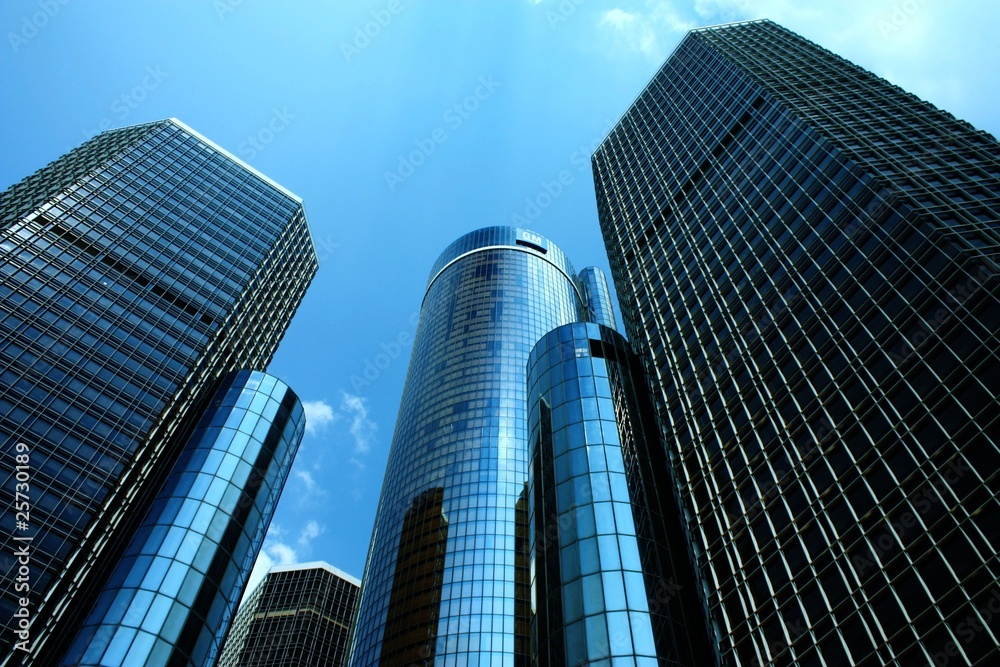
Detroit Government Initiatives
Recently, the city's government has implemented various initiatives to attract businesses and foster community growth. These initiatives include tax incentives, redevelopment projects, and community outreach programs. Notably, the Strategic Neighborhood Fund (SNF) was launched in 2016 to invest in neighborhood revitalization projects, contributing to park improvements, streetscape enhancements, and commercial corridor redevelopment. The Neighborhood Enterprise Zone (NEZ) program provides tax incentives in designated areas, freezing property taxes and reducing taxable property values, making property ownership more affordable and driving increased demand. The Detroit Land Bank Authority (DLBA) plays a vital role in acquiring and disposing of tax-foreclosed properties, facilitating property acquisition, and stimulating the real estate market—ultimately raising property values. These government initiatives have contributed to the positive momentum in Detroit's real estate market.

